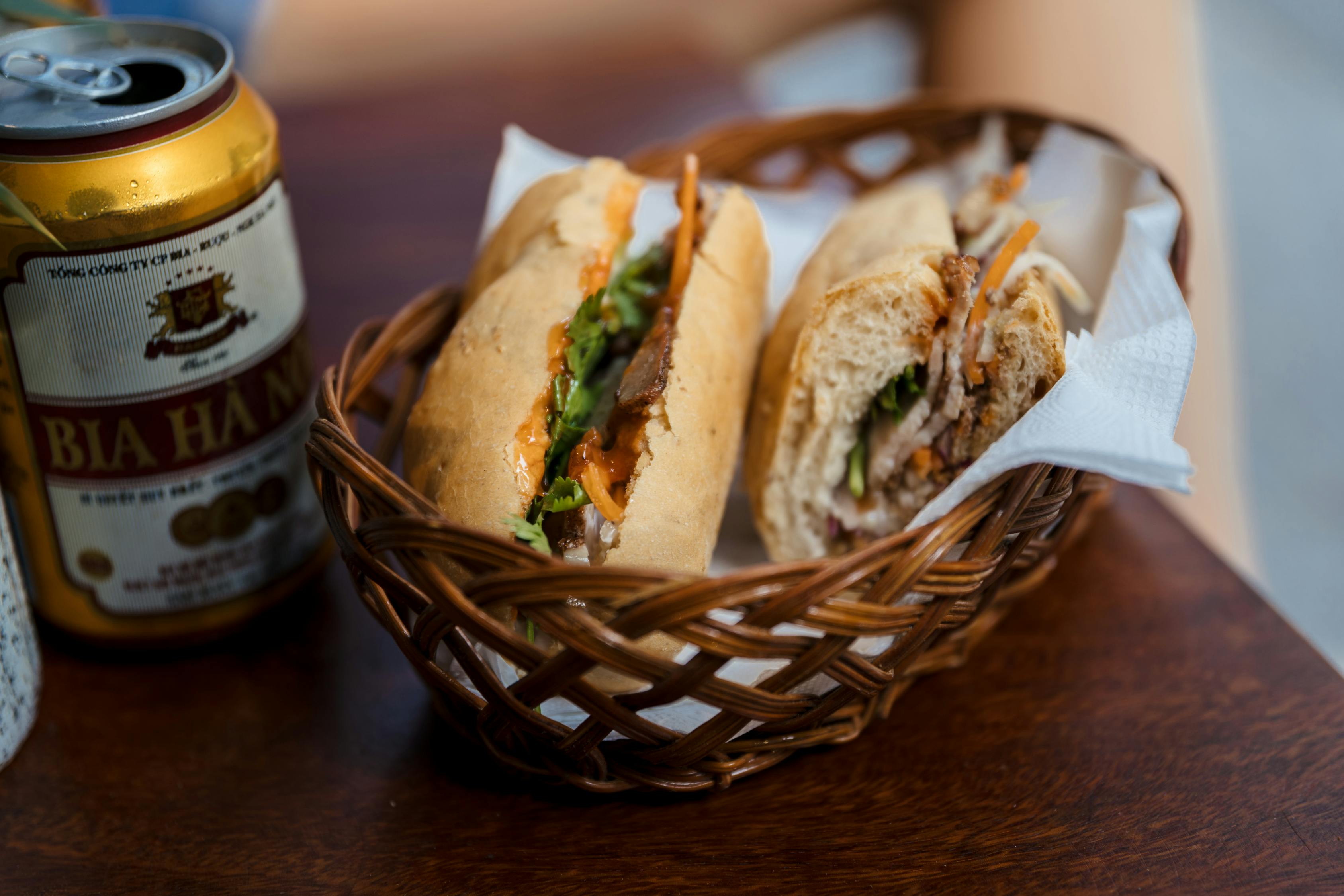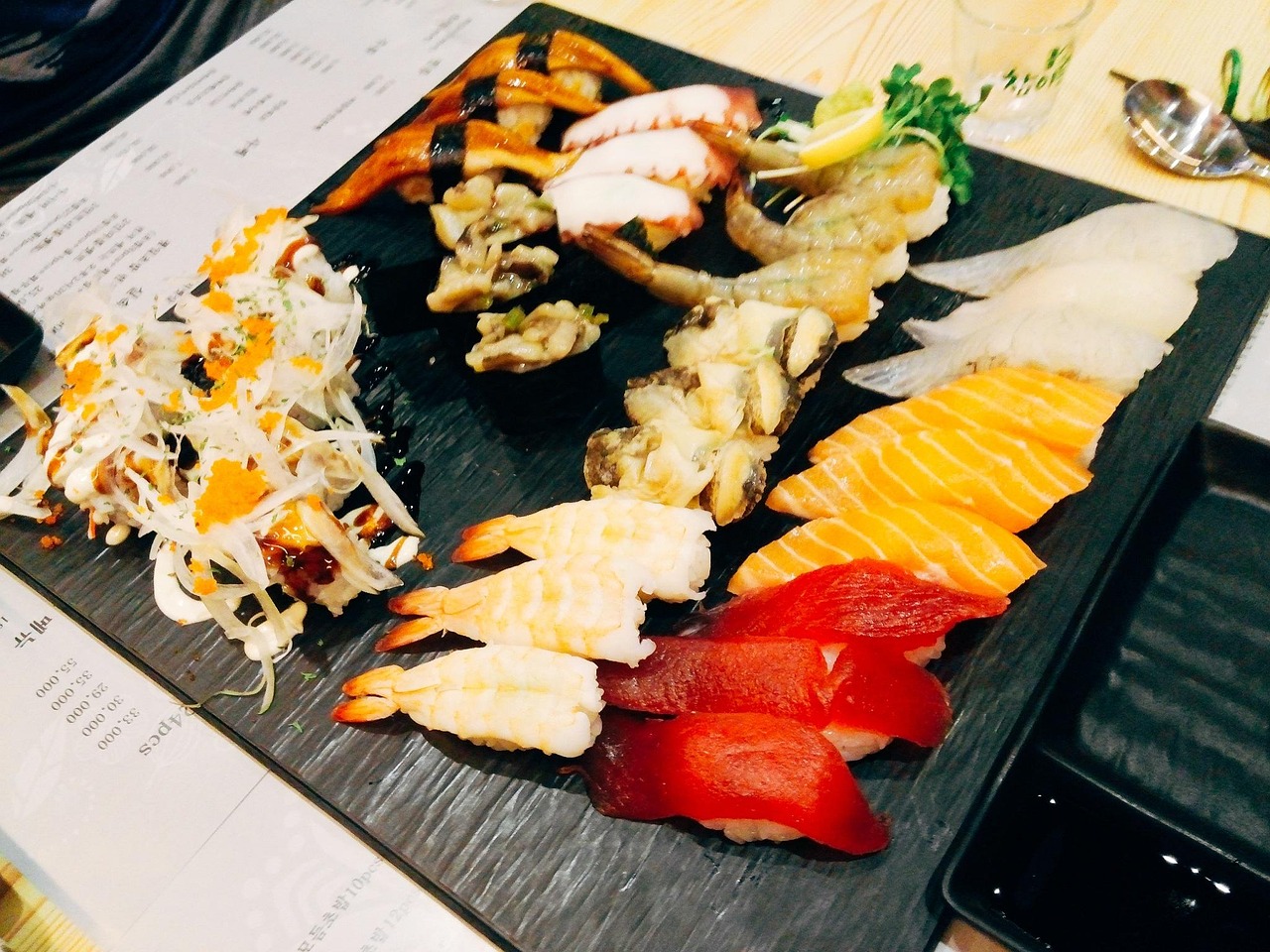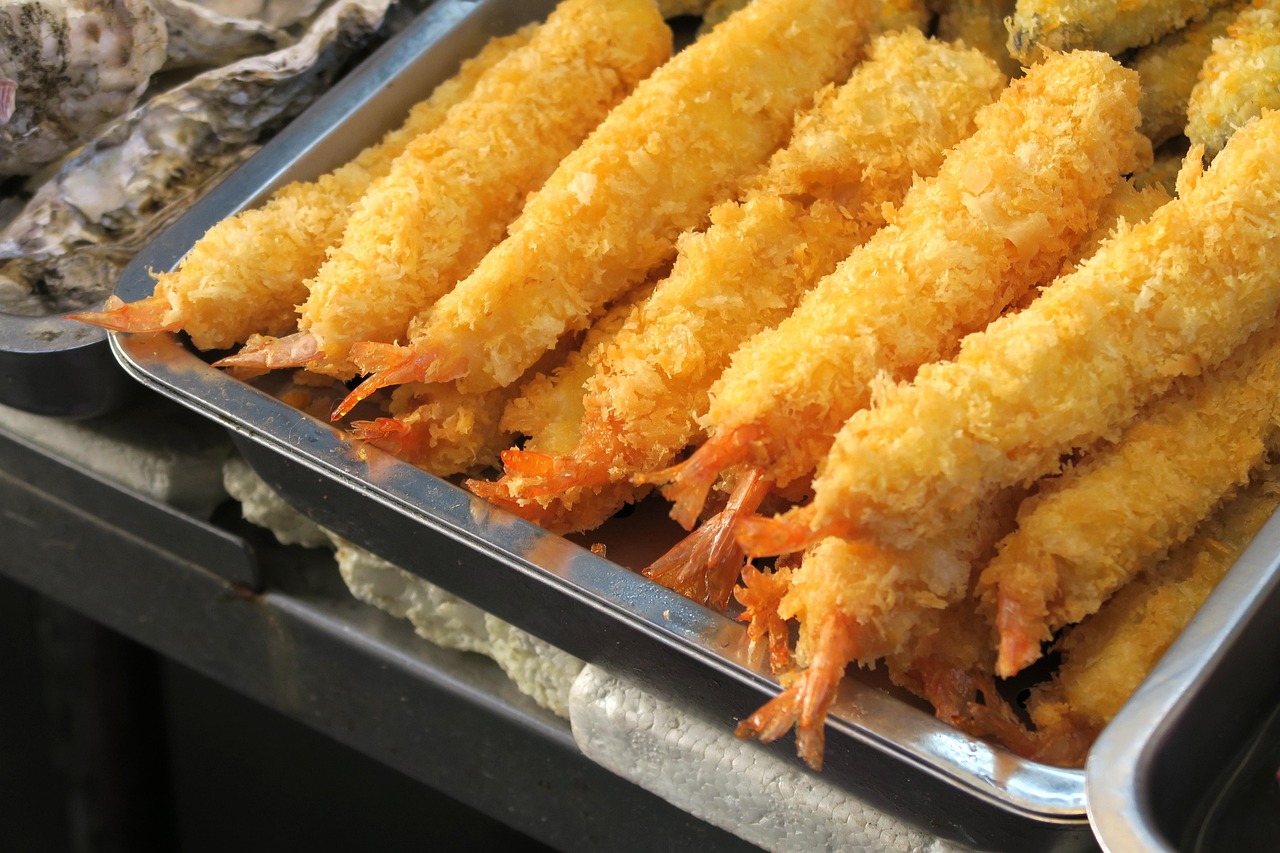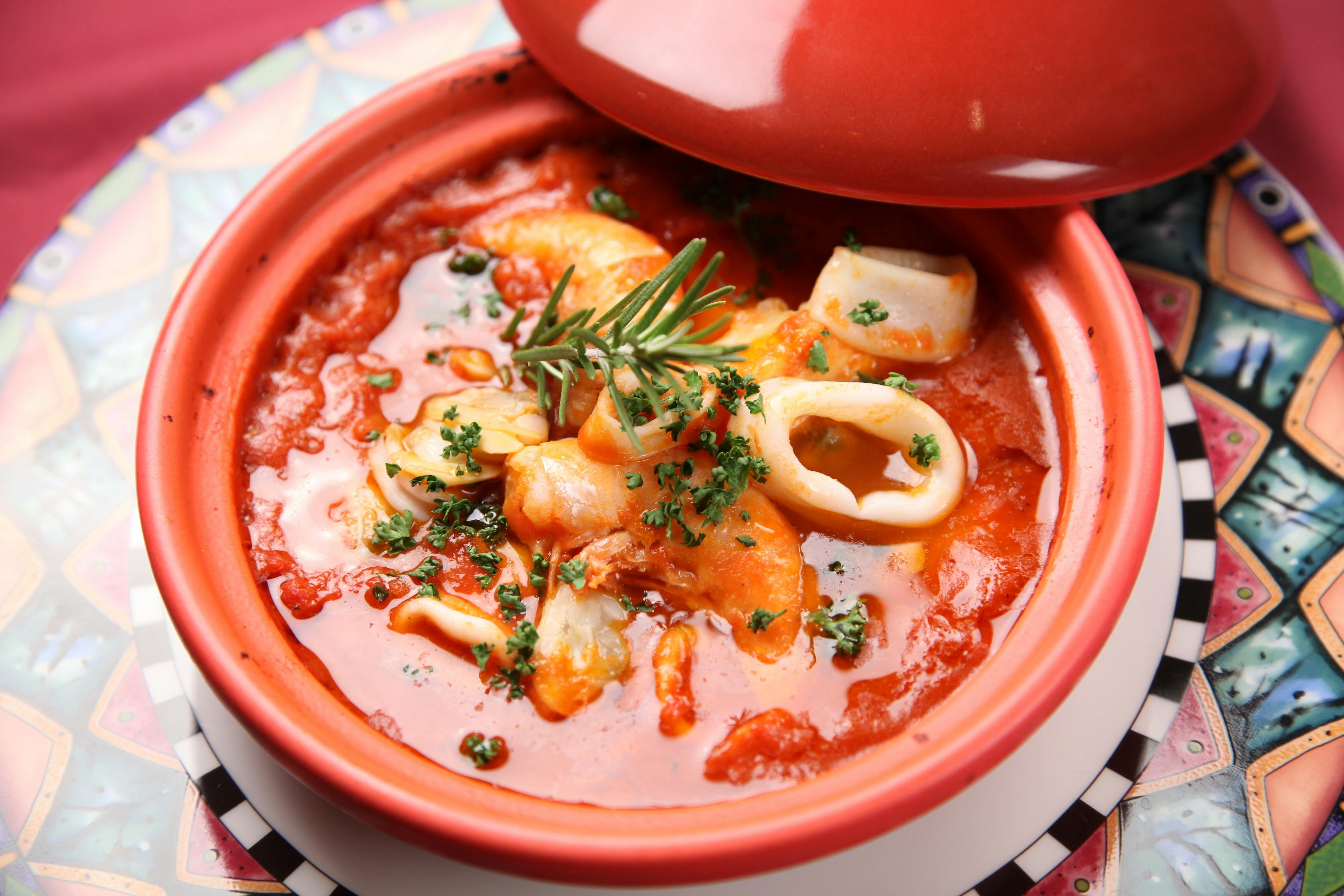A Celebration of Traditional Cuisine: Embracing the Flavors of Our Heritage
A Celebration of Traditional Cuisine" is an event that honors the rich flavors of our culinary heritage. It showcases the unique dishes that have been passed down through generations, reflecting the cultural diversity and history of various communities. By embracing these flavors, participants not only savor the authentic tastes but also gain a deeper understanding of the traditions and stories behind each dish. This event is a tribute to the art of cooking that has been preserved and cherished over time, encouraging a connection with our roots through the universal language of food.
In the tapestry of cultural expressions, food stands as one of the most vibrant threads, weaving together the history, values, and traditions of a community. The Traditional Food Festival is a grand event that not only celebrates the culinary heritage of various regions but also serves as a platform for the exchange of ideas and flavors. This essay delves into the significance of such festivals, the role they play in preserving cultural identity, and the joy they bring to those who partake in them.
The Significance of Traditional Food Festivals
Traditional food festivals are more than just gatherings where people come to eat. They are celebrations of the culinary arts that have been passed down through generations, each dish carrying with it a story of its origin and the people who have prepared it over the years. These festivals are a testament to the resilience of cultural practices and the adaptability of communities in preserving their unique ways of life.
Preserving Cultural Identity
In an era of globalization, where the homogenization of food and culture is a growing concern, traditional food festivals act as a bulwark against the erosion of cultural identity. They remind us of the diversity that exists within our world and the importance of maintaining that diversity. By showcasing traditional dishes, these festivals encourage the younger generation to take an interest in their heritage, learn the recipes, and carry on the traditions.
The Role of Food in Social Cohesion
Food has always played a central role in social gatherings. It is a universal language that brings people together, regardless of their backgrounds. Traditional food festivals are no exception. They foster a sense of community and belonging, as people from different walks of life come together to share a meal and learn about each other's customs. This shared experience can lead to greater understanding and respect among different cultures.
The Joy of Discovery
For many, traditional food festivals are a journey of discovery. They offer an opportunity to try new dishes, learn about different cooking techniques, and explore the flavors of the world. The joy of discovering a new favorite dish or learning the story behind a traditional recipe is a highlight of these festivals. It is not just about the food; it is about the experience and the memories created.
The Process of Organizing a Traditional Food Festival
Organizing a traditional food festival is a complex task that requires meticulous planning and coordination. It involves selecting a suitable venue, securing the participation of local chefs and food vendors, and ensuring that the event is inclusive and accessible to all. The planning process also includes marketing the event to attract visitors, coordinating with local authorities for permits, and arranging for any necessary infrastructure, such as seating, sanitation, and waste management.
The Impact on Local Economies
Traditional food festivals can have a significant positive impact on local economies. They attract tourists, which can lead to increased revenue for local businesses, including restaurants, hotels, and shops. Additionally, these festivals often feature local ingredients and products, supporting local farmers and producers. They can also create job opportunities, both during the festival and in the lead-up to the event, as vendors prepare their offerings.
The Challenge of Sustainability
As with any large-scale event, traditional food festivals face the challenge of sustainability. Organizers must consider the environmental impact of the event, from the sourcing of ingredients to the disposal of waste. Many festivals are now adopting sustainable practices, such as using biodegradable serving ware, encouraging recycling, and sourcing ingredients from local, organic farms.
The Future of Traditional Food Festivals
The future of traditional food festivals lies in their ability to adapt and evolve while staying true to their roots. As the world becomes more interconnected, these festivals must find ways to incorporate new technologies and ideas while preserving the essence of their traditions. This could involve virtual components, such as live streaming cooking demonstrations or interactive online experiences, to reach a global audience.
Conclusion
In conclusion, traditional food festivals are more than just a celebration of food; they are a celebration of culture, community, and heritage. They offer a unique opportunity for people to connect with their roots, discover new flavors, and appreciate the diversity of the world's culinary traditions. As we look to the future, it is essential that these festivals continue to evolve, embracing new technologies and practices while ensuring that the rich tapestry of traditional cuisine is preserved for future generations to enjoy.
This essay has explored the multifaceted nature of traditional food festivals, highlighting their significance in preserving cultural identity, fostering social cohesion, and providing a platform for economic growth. The joy of discovery and the challenges of sustainability are also discussed, emphasizing the need for these festivals to adapt and evolve while staying true to their roots. As we celebrate the flavors of our heritage, we also look forward to the future, ensuring that traditional food festivals continue to be a vibrant part of our global cultural landscape.









 京公网安备11000000000001号
京公网安备11000000000001号 闽ICP备2023004937号-3
闽ICP备2023004937号-3